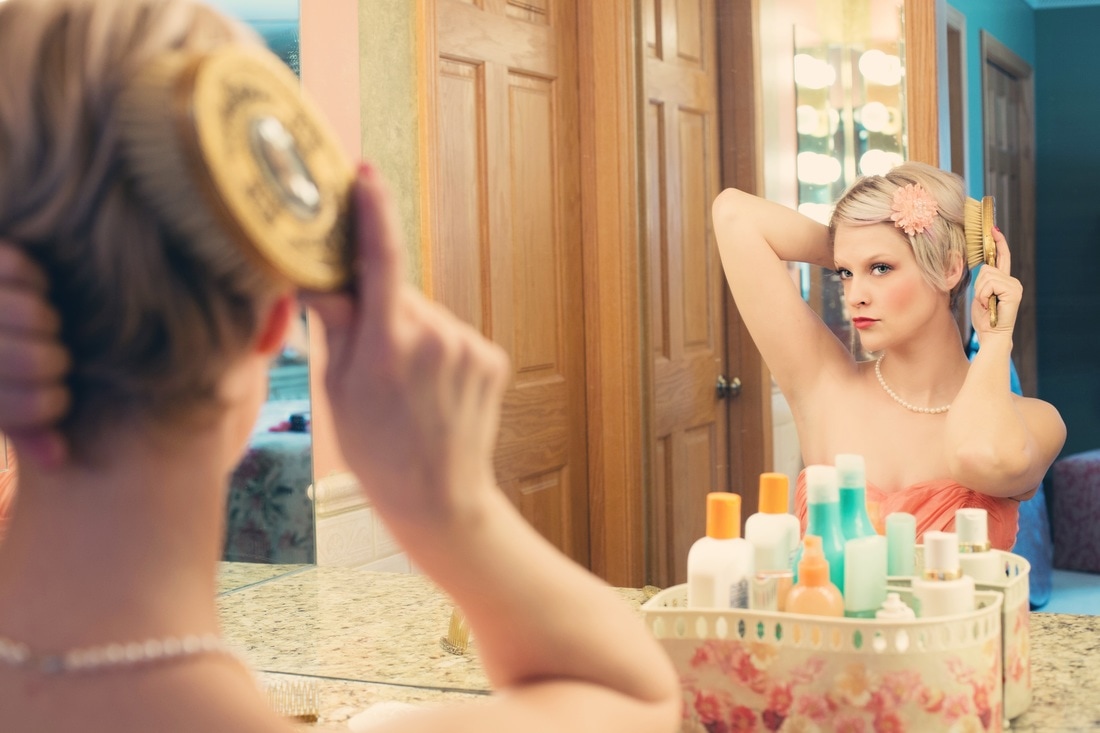|
Learn Tips On How To Live A Happier And Healthier Life Despite Having Health Conditions Our health can be a delicate thing, in both a physical sense and in an emotional/mental sense. When we become unwell, or if we have grown up with a hereditary condition or illness, many of us inevitably feel low about it – even though it isn’t our fault. Feeling physically unwell can easily bring down your entire mood, especially if the illness lasts for a prolonged period. It is common practice for issues surrounding health to be a private matter between patient and doctor alone, even if they are widespread, routine problems. Having everyone know the ins and outs of your medical report doesn’t tend to appeal to many of us, and even less so if we harbor an illness, we are embarrassed about. In fact, the emotion of embarrassment often finds itself cropping up a lot about our physical health. As we live in a time where almost everyone is obsessed, or at least somewhat invested in, health and fitness, admitting that not all is well with our bodies can sometimes make us feel like a failure. This is absurd, as everyone has their health problems at some point in their lives – that much is unavoidable. But nine times out of ten, suffering a health problem does not mean that you have not taken good care of yourself, or that there is anything fundamentally wrong with you. In many ways, health is a little bit like a lottery; some people get lucky, while others don’t. But nonetheless, embarrassment can often still stand when it comes to certain health problems. Occasionally, the person in question may feel so ashamed of their ailment that they refuse to even see a doctor in the first place, and they could even end up becoming socially reclusive. However, it doesn’t always need to be this way. You might not think it initially, but the health problem that has been haunting you could often be easily rectifiable, and the sooner you get it sorted, the sooner you can carry on enjoying life. Here are just a few examples of common health ailments many people deem ‘embarrassing,' and how beating that embarrassment can lead you to live a happier and altogether healthier life. Hair loss Although predominantly affecting men (due to decreasing levels of testosterone with age), hair loss can affect both genders intermittently. It sometimes comes in the form of hair that falls out, which could be a sign of an underlying disease, or it could be a symptom of stress. On other occasions, you may notice that your hair has started to thin, and it no longer looks as luscious and thick as it once did. This can lead to a significant knock in confidence, especially if your hair was always your crowning glory. One mistake many of us make when experiencing thinning hair/hair loss problems is that we try to compensate by over-styling it – think back-combing for thickness, and lots of mousses to hold it in place. This may solve the problem initially, but in the long term it could further damage your hair, and you could be left in an even worse position. The last thing you want is to feel so self-conscious about your hair that you are reluctant to leave the house – reclusive behavior like this can easily manifest itself into more serious conditions such as anxiety and depression. Visit a health professional about your hair loss and ask that they help you get to the root of the problem (no pun intended). You may have a vitamin or mineral deficiency that is playing a role in your hair loss, or it could be a reaction to trauma (either mental or physical). What the diagnosis, increasing the health of your hair and scalp is the only thing that will get your locks back to their usual, bouncy selves – and you’ll feel confident again in no time. Sexually transmitted diseases Sexually transmitted diseases (or STIs, as they are commonly known as) are typically the types of diseases that no one wants to admit to having. There is still a huge stigma around sex and promiscuity in our society, and this is what makes so many people reluctant to get checked out. However, the truth of the matter is that if you are sexually active, you need to have a handle on your intimate health. There are even some STIs that can be caught even while using external protection, such as condoms, so you may not always be as safe as you think you are. That doesn’t mean to say, however, that you will be at risk of catching anything super serious. Most of the common STIs are not life-threatening and providing they are caught and treated early on; they will not have any impact at all on your long-term health. The issues start, however, when people put off their checkup or avoid discussing health matters with sexual partners, because of embarrassment. You may even have faced criticism in the past for your sexual lifestyle, and it is easy to berate yourself for decisions you made a long time ago. But there is no point in beating yourself up about things – plus, becoming anxious could even make some of your physical symptoms worse. The best thing to do is to visit a trusted health professional who you do not feel uncomfortable opening up to. Of course, this isn’t for everyone, and you may have severe anxiety that you feel will stop you from attending an appointment. In this case, you may want to order your chlamydia treatment online instead – then you can just pick it up from your local pharmacy, no questions asked. But remember, doctors and nurses have seen it all before, and it is their job to remain impartial with every patient. It will never be as traumatic as you think it will be, so don’t be afraid to take control of your health. Skin conditions
A staggering amount of the population suffers from skin conditions – although you wouldn’t always know it. A lot of people have become experts at hiding their skin conditions from other people, even if doing so is at the expense of their health and comfort. Common skin conditions include eczema, psoriasis, rosacea and even acne. All can be stressful to deal with, and can severely impact a person’s self-esteem. After all, your skin is everywhere, and depending on what you are wearing, much of it is also visible to other people. If you are living with a skin condition, you may find that you subconsciously cover up around others, due to the fear that they will find your skin revolting or unpleasant to look at. While it is courteous to be aware of other people’s feelings, allowing your skin condition to rule your life in such a way can be dangerous territory to step into. Like so many other illnesses, stress and anxiety can even impact the severity of a skin condition – which is why you may notice that your symptoms flare up when you have an exam or a job interview to attend. So that you feel more comfortable around other people during a flare up, sit your friends down and explain to them what your condition is and what they can do to help you feel better about it. Many people do not know how to react to a skin condition for fear of upsetting the person with it. If you would rather your friends ask questions about it, go for it – but equally, if you would rather they just ignored it, that’s fine too. Embarrassment and all the subsequent emotions it can trigger can be difficult to deal with, but none of them are ever worse risking your long-term health or happiness for.
2 Comments
9/20/2021 07:50:03 am
Headache and pain relief-
Reply
9/21/2021 01:48:41 am
Headache and pain relief-
Reply
Leave a Reply. |




 RSS Feed
RSS Feed
